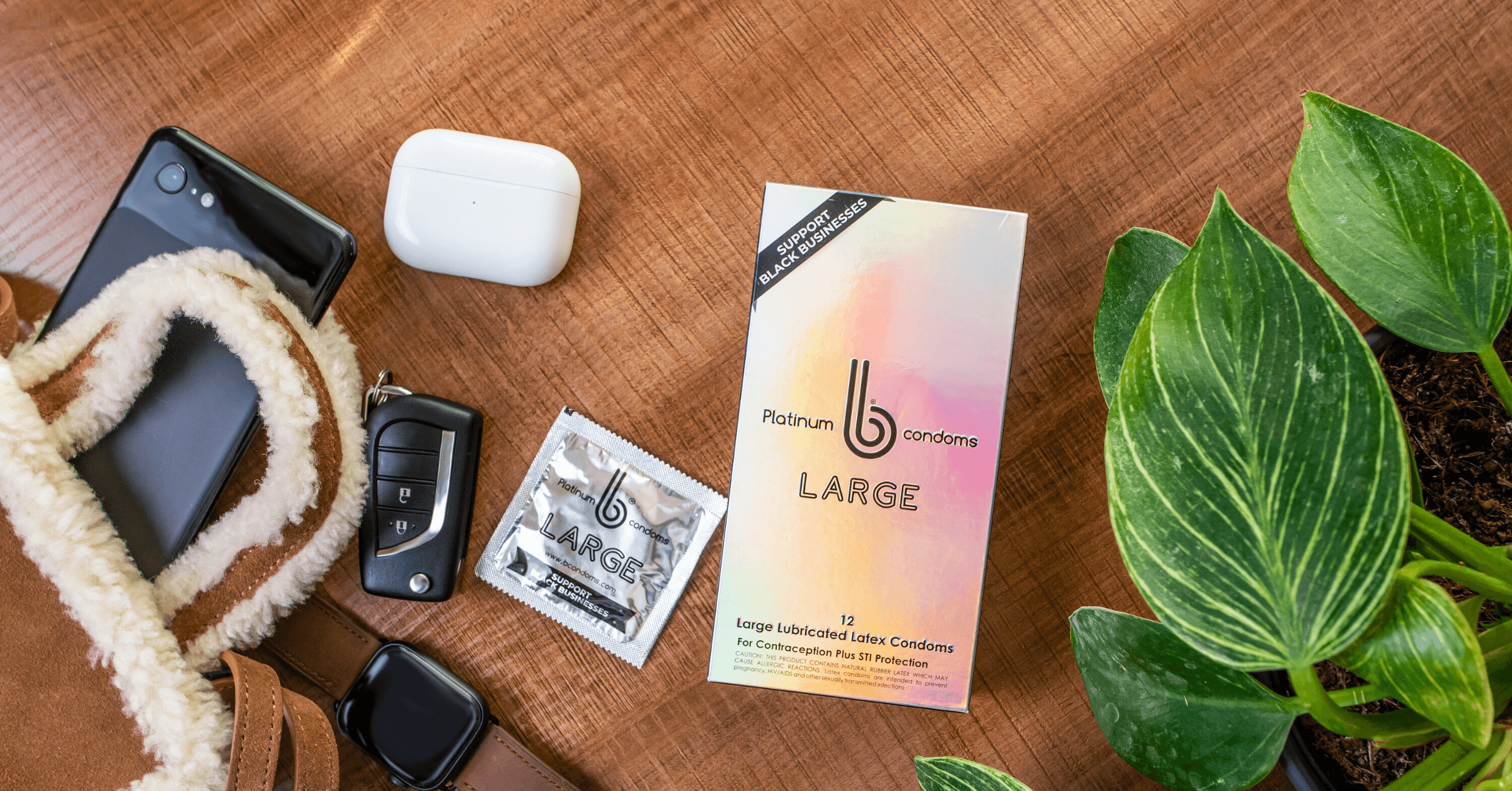Summer travel is on the horizon following a year of stagnation due to Covid-19. Startups may be able to take advantage of expected price hikes and folks making up for lost time through revenge travel. The warmer months ahead could prove critical for founders in the travel industry that haven’t pivoted their business models to weather last year’s holding pattern which cost the global tourism and travel industry $4.5 trillion in losses. Chizoba Anyaoha, founder of TravSolo, an app created to serve people who are interested in traveling alone, has been thinking of the prospects of pivoting.
At the core of everything, we are a consumer tech company. So the pivot shouldn’t be hard at all. We’ve already planned the new logo, if need be, Anyaoha told The Plug. The company launched its app in September 2019 with about 5,000 users, half of which utilized the platform regularly. Hit hard by the pandemic just months after its initial launch, Anyaoha says the app is now down to about 10 percent of its original users, although the number is rising as people begin to travel to tourist destinations such as Tulum and Puerto Rico.
TravSolo’s features include an itinerary, a feature that allows you to connect with other people in the same area, and a safety feature that allows you to share your location with loved ones in real-time. As a result of the pandemic, Anyaoha says the company has pivoted to emphasizing how features can be used to allow users to explore their own cities if they’re not comfortable with traveling. And, he notes that the technology that is used to power TravSolo could be useful in other sectors, too. Anyaoha says this agility has been helpful when pitching potential investors.
They’re trying to get a better feel for the travel industry right now. When we talk about [pivoting], their eyes open and they’re more attentive to what our plan is and how we’re thinking about things, he said. Although the founder declined to reveal which ones before they’ve made their final decision between the two, the company has been accepted into two accelerator programs. With the expected increase in travel comes higher prices in what travel experts are calling revenge travel. You’re going back. You’re doing it stronger, doing it twice as long as last year just because you missed last year, Matt Bert, AAA travel agent, told KWCH in Wichita before suggesting travelers book as far in advance as possible. The prices are going to go up this year, rather than go down. Vik Krishnan, a partner at management consulting firm McKinsey, says the current trends suggest that the travel industry might rebound a bit sooner than previously expected.
He credits the vaccine outlook and underlying economic strength for this. Hopper Inc., a company that helps users book flights and hotels, is an example of a startup in an industry on the rebound. Hopper expects to hire 400 customer support agents and 150 full-time employees by the end of the year. At Hopper, we’ve recovered to more than pre-pandemic levels, co-founder Frederic Lalonde told the Wall Street Journal. Even with the increased travel and promising outlook for some startups, it’s unclear whether or how black founders within the travel tech space will benefit from the boost in spending. While McKinsey doesn’t have any specific data on diversity in travel tech, Krishnan says the tech industry as a whole tends to be more diverse among frontline crews and staff than elsewhere.
Diversity tends to be much more aspirational once you get into management, he said. I don’t have much visibility into the tech entrepreneur side of things, it wouldn’t surprise me if that remains an objective that the industry still needs to do a lot more work on. As recovery efforts continue, Krishnan says the most important thing an entrepreneur in this space can have is business model agility. You may have started your company with objective A, but in the new normal objective A may just need to be parked a little bit while you’re serving objective B, C or A prime.








